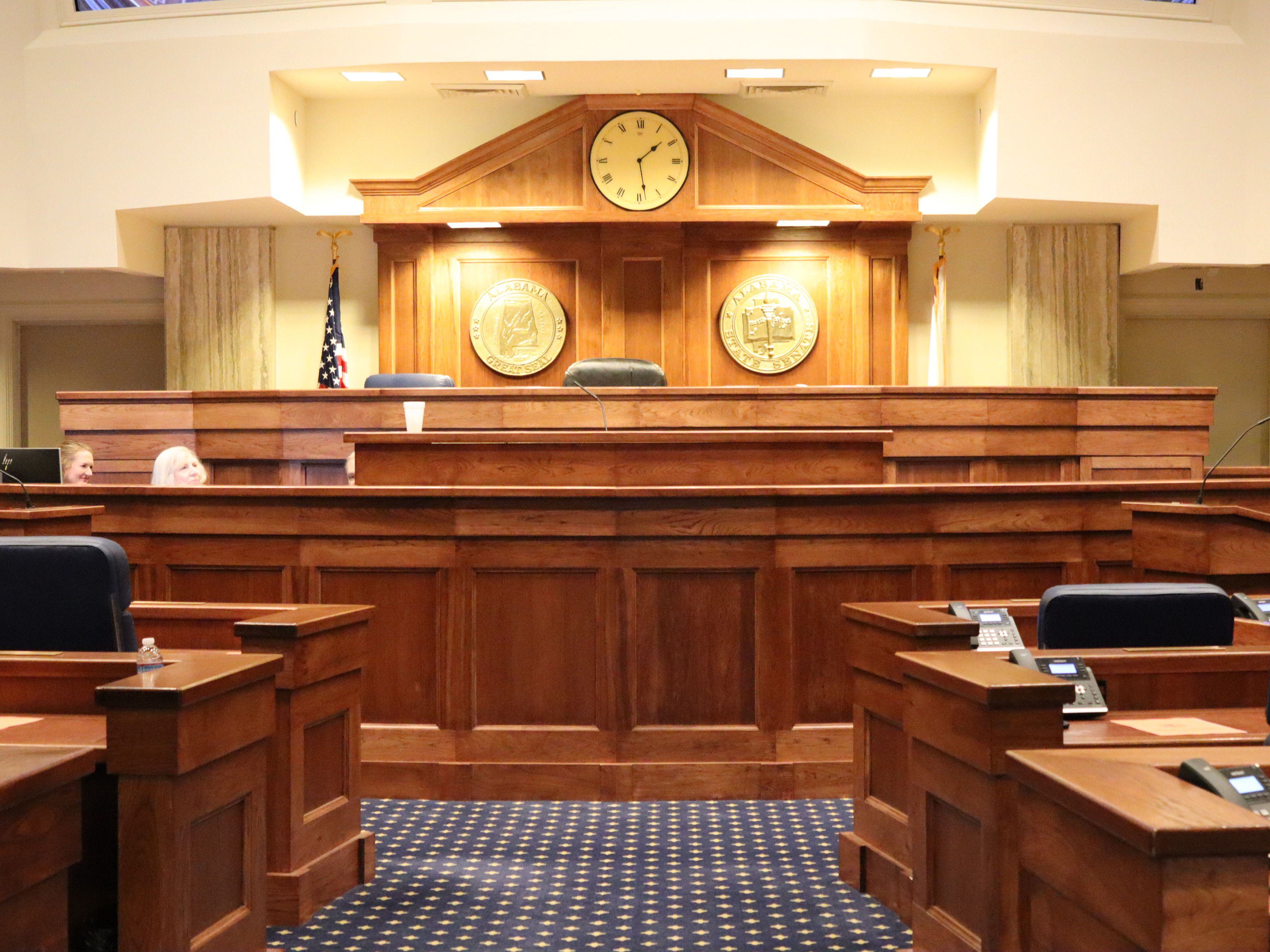The Alabama Senate passed legislation to protect children from optional medical procedures that would alter the child’s gender during the Wednesday night session.
Senate Bill 184, the Alabama Vulnerable Child Compassion and Protection Act, is sponsored by State Sen. Shay Shelnutt (R-Trussville).
Sen. Shelnutt said that SB184 was just about protecting vulnerable children from life-altering medical procedures that could leave the child sterile.
SB184 prohibits, “The performance of a medical procedure or the prescription of medication, upon or to a minor child, that is intended to alter the minor child's gender or delay puberty.”
The bill requires schools to disclose to parents information about the child’s gender preference behavior during school and provides for criminal penalties for violations of the law.
“The sex of a person is the biological state of being female or male, based on sex organs, chromosomes, and endogenous hormone profiles, and is genetically encoded into a person at the moment of conception, and it cannot be changed. (2) Some individuals, including minors, may experience discordance between their sex and their internal sense of identity, and individuals who experience severe psychological distress as a result of this discordance may be diagnosed with gender dysphoria,” the legislation states.
“Numerous studies have shown that a substantial majority of children who experience discordance between their sex and identity will outgrow the discordance once they go through puberty and will eventually have an identity that aligns with their sex. (5) As a result, taking a wait-and-see approach to children who reveal signs of gender nonconformity results in a large majority of those children resolving to an identity congruent with their sex by late adolescence. (6) Some in the medical community are aggressively pushing for interventions on minors that medically alter the child's hormonal balance and remove healthy external and internal sex organs when the child expresses a desire to appear as a sex different from his or her own. (7) This course of treatment for minors commonly begins with encouraging and assisting the child to socially transition to dressing and presenting as the opposite sex. In the case of prepubertal children, as puberty begins, doctors then administer long-acting GnRH agonist (puberty blockers) that suppress the pubertal development of the child. This use of puberty blockers for gender nonconforming children is experimental and not FDA-approved. (8) After puberty blockade, the child is later administered "cross-sex" hormonal treatments that induce the development of secondary sex characteristics of the other sex, such as causing the development of breasts and wider hips in male children taking estrogen and greater muscle mass, bone density, body hair, and a deeper voice in female children taking testosterone. Some children are administered these hormones independent of any prior pubertal blockade. (9) The final phase of treatment is for the individual to undergo cosmetic and other surgical procedures, often to create an appearance similar to that of the opposite sex. These surgical procedures may include a mastectomy to remove a female adolescent's breasts and "bottom surgery" that removes a minor's healthy reproductive organs and creates an artificial form aiming to approximate the appearance of the genitals of the opposite sex.”
The Alabama Vulnerable Child Compassion and Protection Act does not outlaw sex changes or any of these procedures, it merely forbids that they be performed on minor children.
Senate Minority Leader Bobby Singleton (D-Greensboro) denounced the legislation as an overreach by state government,
“This is an anti-family rights bill,” Singleton said.
“You are low down and dirty,” Singleton said of the Republican supermajority. “It is going to hurt a lot of people, it is going to hurt a lot of children, it is going to hurt a lot of families.
“It is not going to pass in the House. I have to fight for those who don't have a voice and most of the children who find themselves in this situation don't have a voice.
“I am ashamed and embarrassed to be a part of this body,” Singleton said.
The Republicans had to invoke cloture to end the Democratic filibuster.
SB184 passed the Senate on a party-line 24 to 6 vote.
The Alabama Vulnerable Child Compassion and Protection Act now goes to the House for their consideration. The House Judiciary Committee held a public hearing on Wednesday to consider House legislation similar to SB184. They will vote on that next week. The Senate passed Shelnutt’s legislation last year, but the House leadership never brought it to the floor in the Alabama House.
To connect with the author of this story, or to comment, email brandon.moseley@1819News.com.








